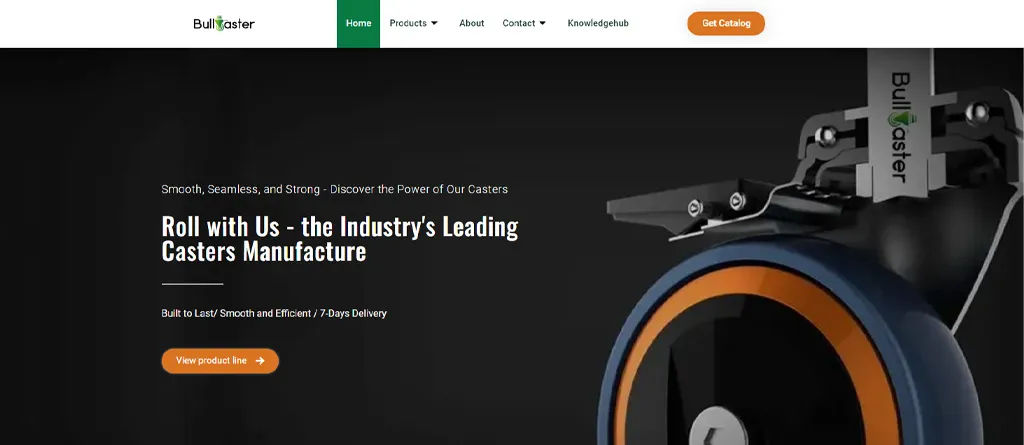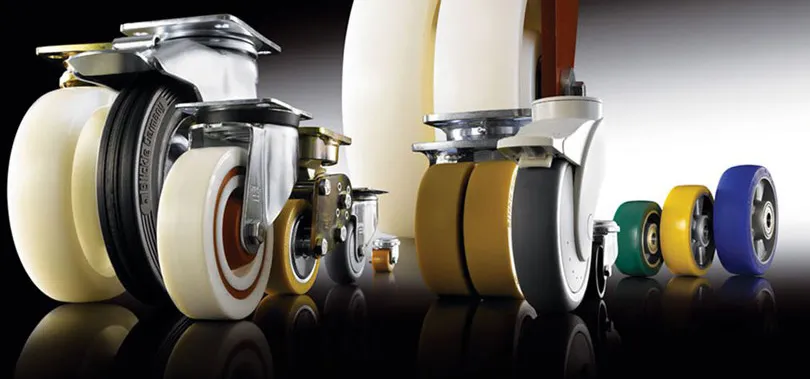
What Casters Are and Their Uses
Casters are wheel-like devices that are attached to the bottom of furniture, equipment, and other objects to enable easy movement. They are commonly used in industries such as healthcare, hospitality, warehousing, and manufacturing, as well as in households.
The Benefits of Importing Caster Wheels from China
China is a global leader in the manufacturing of casters, producing a wide range of caster types, designs, and materials. The country’s caster manufacturing industry has several key strengths that have contributed to its success and dominance in the market.
Firstly, China’s manufacturing industry benefits from its large-scale production capabilities. The country has a vast network of manufacturers, suppliers, and distributors that are capable of producing and delivering large quantities of casters to markets around the world.
Secondly, Chinese caster manufacturers have invested heavily in technology and research and development. This has enabled them to produce high-quality casters with advanced features and capabilities, meeting the diverse needs of customers around the world.
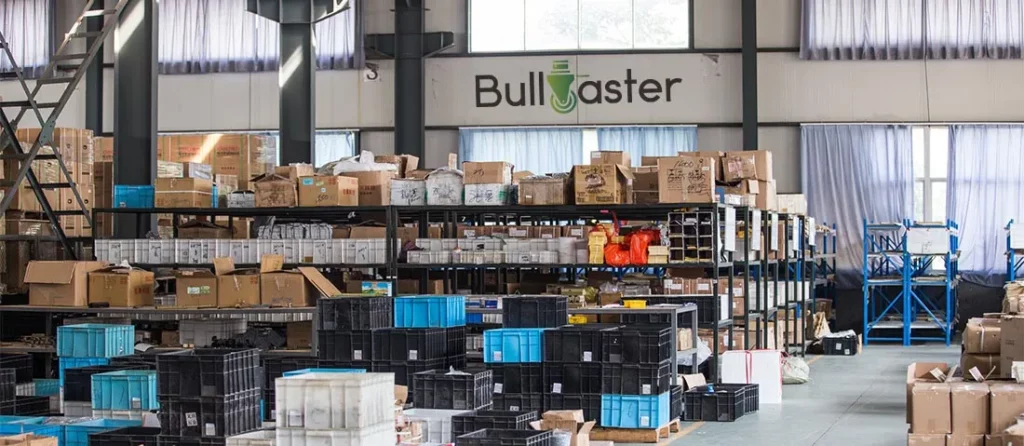
Thirdly, China’s caster wheels manufacturing industry benefits from low labor and production costs, which enables manufacturers to produce casters at a lower cost compared to other countries. This cost-effectiveness has made Chinese casters highly competitive in the global market.
Lastly, the Chinese government has provided significant support and incentives to the manufacturing industry, such as tax breaks, subsidies, and favorable policies, which have encouraged the growth and development of the caster manufacturing industry.
Overall, China’s caster manufacturing industry has a competitive edge due to its large-scale production capabilities, technological advancements, cost-effectiveness, and government support. This has enabled Chinese caster manufacturers to capture a significant share of the global market and establish themselves as leaders in the industry.
Why Import Castors from China Can Save Your Cost
1. Lower production costs: China’s manufacturing industry benefits from lower labor and production costs compared to other countries. This enables manufacturers to produce casters at a lower cost, which can translate to lower prices for customers.
2. Bulk ordering discounts: Many Chinese suppliers offer discounts for bulk orders, meaning that the more casters that are ordered, the lower the unit cost. This is particularly beneficial for businesses that require large quantities of casters.
3. Favorable exchange rates: The exchange rate between the Chinese yuan and other currencies, such as the US dollar or Euro, can make importing from China cheaper than sourcing casters locally. This is particularly true when the exchange rate is in favor of the importer.
4. Lower transportation costs: China’s strategic location and well-developed logistics infrastructure make it a cost-effective destination for shipping goods. This means that transportation costs can be lower compared to other countries, particularly for larger orders.
Overall, importing casters from China can result in significant cost savings for businesses and individuals due to lower production costs, bulk ordering discounts, favorable exchange rates, and lower transportation costs.
However, it is important to factor in additional costs such as customs duties, taxes, and shipping fees when considering the total cost of importing casters.
How to Find Quality Caster Suppliers in China
When looking for a caster supplier in China, it is important to follow a thorough process to find and evaluate potential suppliers. Here are some steps to consider:
1. Conduct online research: Use search engines, business directories, and social media platforms to search for potential caster suppliers in China. Make a list of potential suppliers and gather their contact information. such as Google, B2B platforms, Facebook, and Linkedin. We have published an article listing the top 10 caster suppliers in the world, you can check to know more.
2. Check supplier qualifications: Evaluate potential suppliers by checking their qualifications such as ISO certifications, product quality, and manufacturing facilities. You can also check their ratings and reviews on online marketplaces or business directories.
3. Request samples: Request samples from potential suppliers to test their product quality and compatibility with your needs. This can help you evaluate their products before placing a bulk order.
4. Compare prices and terms: Request quotes from multiple suppliers and compare their prices, minimum order quantities, delivery terms, and payment methods. This will help you choose the supplier that best fits your needs and budget.
5. Verify supplier legitimacy: Verify the legitimacy of the supplier by checking their business license, registration, and other relevant documents. You can also use online verification platforms or hire a third-party verification service to ensure the supplier is legitimate and reliable.
6. Communicate clearly: Communicate clearly with potential suppliers to ensure that they understand your needs and requirements. Ask questions about their products, production process, lead time, and other relevant details to ensure that there are no misunderstandings or miscommunications.
Tips for Negotiating Prices and Terms with Suppliers
By following these steps, you can find and evaluate potential caster suppliers in China to ensure that you are working with a reliable and trustworthy supplier that can meet your needs and requirements.
1. Know your target price: Before negotiating, determine your target price for the casters based on market research and your budget. This will give you a clear idea of the maximum price you are willing to pay.
2. Be prepared: Before entering negotiations, make sure you have all the information you need, such as the minimum order quantity, lead time, payment terms, and delivery options. This will help you negotiate from a position of strength.

3. Build a relationship: Building a good relationship with the supplier can be beneficial in negotiating prices and terms. Take the time to get to know the supplier and show them that you are a serious buyer who is willing to establish a long-term relationship.
4. Be flexible: Negotiation is about give and take, so be willing to be flexible on certain terms if it means you can achieve a better price or more favorable terms. For example, you may be able to negotiate a lower price by agreeing to a longer lead time.
5. Highlight your value: If you are a high-volume buyer or have a good track record of timely payments, highlight this when negotiating to show the supplier that you are a valuable customer.
6. Be respectful: Maintaining a respectful and professional tone throughout negotiations can help build a positive relationship with the supplier and increase the chances of reaching a mutually beneficial agreement.
Shipping Options for Importing Casters from China
When importing casters from China, there are several shipping options to consider. Here are some of the most common shipping options:
Air freight: This is the fastest shipping option and is ideal for urgent orders or smaller quantities of casters. Air freight can be more expensive than other shipping options, but it offers faster delivery times and greater flexibility.
Sea freight: This is the most common shipping option for larger orders of casters. Sea freight is generally more cost-effective than air freight, but it can take longer for the goods to arrive. Sea freight is also subject to additional costs such as customs duties and port charges.
Rail freight: This shipping option is gaining popularity for orders that require faster delivery times than sea freight but are less urgent than air freight. Rail freight is faster than sea freight and cheaper than air freight.
Courier services: Courier services such as DHL, FedEx, and UPS can be used for small orders of casters or urgent orders. These services offer fast delivery times, but they can be more expensive than other shipping options.
When choosing a shipping option, consider the size and weight of your order, delivery time, budget, and any specific requirements you may have. It is also important to factor in additional costs such as customs duties and taxes when calculating the total cost of shipping. Your supplier or freight forwarder can help you choose the best shipping option based on your needs and budget.
Trade Terms in Caster Trade
Here is a brief overview of these terms:
EXW (Ex Works): This term means that the supplier makes the goods available at their factory or warehouse, and the buyer is responsible for arranging and paying for all transportation, customs clearance, and other costs associated with shipping the goods to their destination.
FOB (Free on Board): This term means that the supplier is responsible for all costs associated with loading the goods onto the shipping vessel at the port of origin. The buyer is responsible for arranging and paying for all transportation, customs clearance, and other costs associated with shipping the goods to their destination.
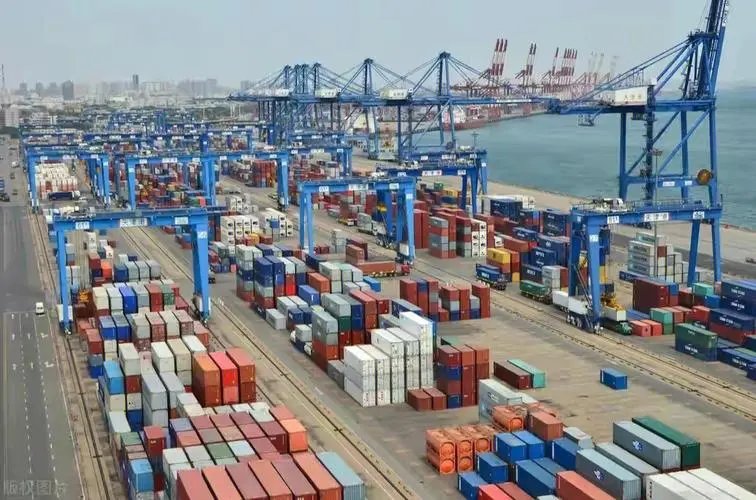
CIF (Cost, Insurance, and Freight): This term means that the supplier is responsible for all costs associated with shipping the goods to the destination port, including transportation, customs clearance, and insurance. The buyer is responsible for arranging and paying for any costs associated with unloading the goods at their destination.
DDP (Delivered Duty Paid): This term means that the supplier is responsible for all costs associated with shipping the goods to the buyer’s destination, including transportation, customs clearance, and any applicable taxes or duties. The goods are delivered to the buyer’s specified location, and the supplier is responsible for all costs and risks until the goods are delivered to the buyer.
When negotiating with your supplier, it is important to agree on the trade terms that will be used for the transaction. Make sure you understand the terms and responsibilities associated with each trade term to avoid any misunderstandings or disputes during the transaction.
What Must Be Paid Attention to when Importing Casters
1. Don’t try to find the casters with the lowest price, because the value determines the price, you only need to get the price you can accept. If a supplier quotes you at a very low price, it is likely a trap.
2. Don’t just pay attention to the price and ignore the supplier’s serviceability, such as the supplier’s on-time delivery ability, after-sales service, timely reply, etc. A supplier with good service can save you a lot of time and money, and make your purchasing process very easy.
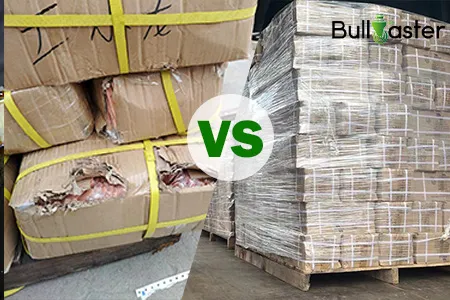
3. It is best to take a sample test before placing an order. make sure that the sample meets your requirements before you place a big order.
4. Pay attention to the packaging method of the goods. If the packaging is not strong, it may cause damage to the goods during transportation.
5. Cooperating with unfamiliar suppliers can start with small orders, and after you confirm that the service of this supplier satisfies you, you can carry out long-term cooperation with big orders.
Learn About How to Choose Casters
When choosing casters, you need to know many details such as the material of the casters, the size of the casters, the load capacity, the mount types, the type of bearings, the type of brakes, etc. We wrote an article to tell you how to choose casters。
I hope this article can help you get started on your business! Let me know if you have any questions or need further assistance. More than 200 customers choose Bullcaster as their casters supplier every year, feel free to お問い合わせ for the casters products catalog and price.



